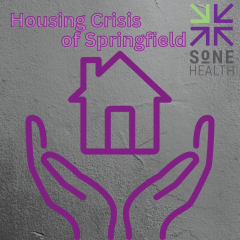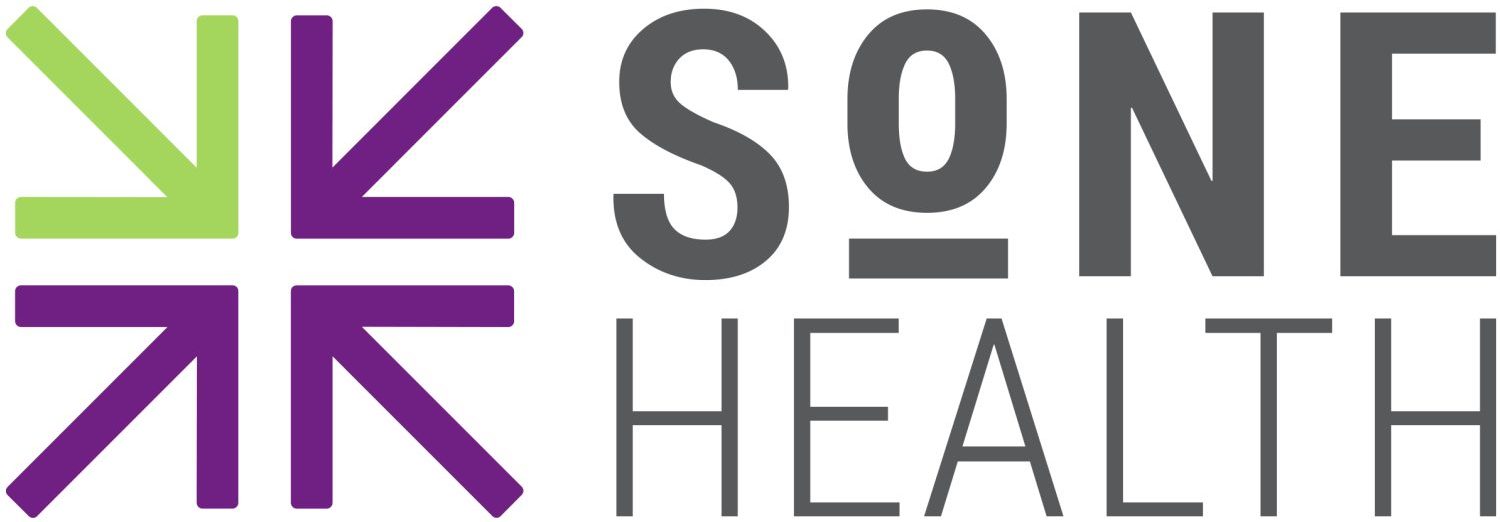
Written collaboratively by Mary Crosby, Keisha Mojica, and Kiara Vazquez, Community Health Workers at SoNE HEALTH
As a team of Community Health Workers that serve the Greater Springfield population, SoNE HEALTH provides support and resources to the Massachusetts Medicaid population. Support includes assisting patients with completing applications for state-funded housing, food assistance applications, utility assistance requests and care coordination services. The SoNE HEALTH Community Health Work team also provides patients with community resources, arranges medical transportation to and from medical appointments, explores childcare options for families, and supports with job search and training, all of which are examples of Social Determinants of Health needs.
Nationally, there is a crisis of inadequate supply of section 8- low-income and other affordable housing options. Patients are resorting to living with family members, sharing houses with multiple roommates, living in unfinished basements, renting single rooms from homeowners, and living in homeless shelters. According to the Massachusetts Budget & Policy Center, “Affording a 2-bedroom apartment at average Fair Market Rent (FMR) – $1,885/month – requires a person earning the minimum wage to work 107 hours per week.”
Within the state of Massachusetts, Medicaid beneficiaries may be eligible for the Flexible Services Program. The Flexible Services Program provides support such as: housing application process, rent assistance, home modifications, and nutrition to members that qualify. When discussing Social Determinants of Health with patients, many express concerns about housing insecurity and the risk of homelessness.
Patient Stories:
- A SoNE HEALTH community health worker outreached a patient with Type 2 diabetes, Asthma, and Chronic Obstructive Pulmonary Disease (COPD) to assess social needs. Currently, the patient rents a room in an unfinished basement as that is all he can afford with his income. This space is overcrowded as it is occupied by 3 other people. This living situation is not ideal for anyone but even more so for this patient as damp and humid environments, like a basement, cause mold to grow which can trigger asthma attacks and other respiratory issues. The patient does not have the financial resources or social support from family or friends needed to be able to find a safe and appropriate place to live. The patient has been referred to the Flexible Services Program to assist with housing applications.
- A SoNE HEALTH community health worker followed up with a 60-year-old woman living between her sister’s home and her brother’s shed. Although this patient has a roof over her head and is supported by her family, she does not have consistent housing and worries about the colder months ahead. The patient was referred to the Flexible Services program.
- A SoNE HEALTH community health worker followed up with a non-verbal adult patient with a mental disability living in a hotel with 8 of his family members. Due to the patient living in a hotel, patient care assistant services were terminated as the agency could not provide services in a hotel setting. The family was recommended to consider splitting up so that housing could be determined quicker. The patient’s mother declined, as she wants the family to stay together. Finally, a referral to the Flexible Services program was submitted for this patient and his family.
As healthcare professionals that advocate for our patients in a community setting, SoNE HEALTH community health workers strive to ensure our patients have access to resources that are needed to meet their health needs. SoNE continues providing care coordination services, exploring housing resources, referring patients to the Flexible Services program, and working to determine ways to help support the well-being of individuals and populations at high risk of social and economic challenges.

